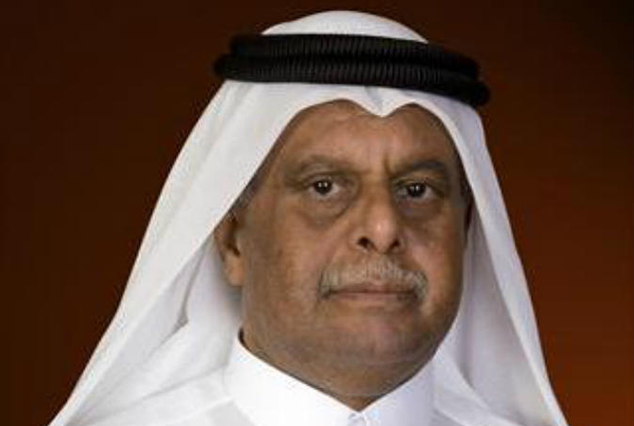The Doha Forum on Monday hosted an Opening Keynote Session on' Energy: Global Status and Challenges' featuring the opportunities to overcome the energy crisis in the world.
The session was chaired by Pakistan's Ambassador and Permanent Representative to the World Trade Organization (WTO) in Geneva, Dr. Syed Tauqir Shah.
Addressing the Session, HE Abdullah Bin Hamad Al Attiyah, Chairman of Abdullah Bin Hamad Al Attiyah Foundation for Energy and Sustainable Development, said the energy market was marked over the last 40 years by price volatility, stressing that market prices are the result of supply and demand.
OPEC has no longer a strong ability to influence oil prices as its share of global oil production is 30% , he said, urging countries that rely on oil and gas to diversify their economy.
The State of Qatar was able thanks to its determination and patience to develop perceptions, goals and strategies to become one of the leading gas exporting countries and have the highest per capita income in the world.
For his part, Dr. Antonio Isa Conde, Minister of Energy and Mines of the Dominican Republic, briefed the participants on his country's economy which established itself as the most robust in the Latin American while the urban population is estimated at more than 70% of total population.
Such a development is the result of the adoption of a sustainable development system, coming up with affordable energy sources and reducing dependence on oil saving lot of money which was invested in supporting low-income families.
The drop in oil prices has forced the Dominican Republic not only to diversify its energy sources but also to store crud oil and move forward in using various types of renewable energy resources-such as wind and solar energy to diversify the nation's energy portfolio, he said, referring to the National Hydrocarbon Database which includes 140 maps and 200 records.
The Dominican Republic has also developed a legal framework to open the way for new investment opportunities along with other reform measures, he concluded.
The Minister For Power, Energy and Mineral Resources of Bangladesh, Nasrul Hamid, said that relying on 'free' solar energy is the future, stressing that his country uses this clean and renewable energy on a large scale however it cannot implement giant projects due to lack of vast lands to be used for this purpose.
Bangladesh relies on natural gas, which reserves are running out, he explained, noting that the decline in oil prices helps some economies at the expenses of other, a fact that must be taken into consideration by OPEC.
In this context, he stressed the need to put in place a new global renewable energy system, urging the Petroleum Exporting Countries to adopt it.
For his part, HE Dr. Ibrahim al Ibrahim, Economic Adviser to the Emiri Diwan, said the State of Qatar has expected decline in oil prices so it has developed five-year and long-term plans, referring to the Qatar National Vision 2030, which takes into account the new reality of the world and includes action plans based on its experiences.
Al Ibrahim also warned of the fall in oil prices' effect on oil-producing countries, who were running a budget surplus in 2012 against a budget deficit in 2016.
In this context, Director-General of the OPEC Fund for International Development (OFID) in Vienna, Suleiman J. Al-Herbish, said OPEC focuses to meet demands on unconventional oil with partner institutions.
He ruled out the possibility of achieving sustainable development at the social, economic and environmental levels without relying on energy, stressing that oil will remain the primary source.
In 2011, OPEC agreed to allocate USD 1 billion for the distribution of energy among the world's poor in 134 countries through a number of rehabilitation of electricity distribution, hydro power projects and distribution of solar lamps in five African countries, he concluded.











